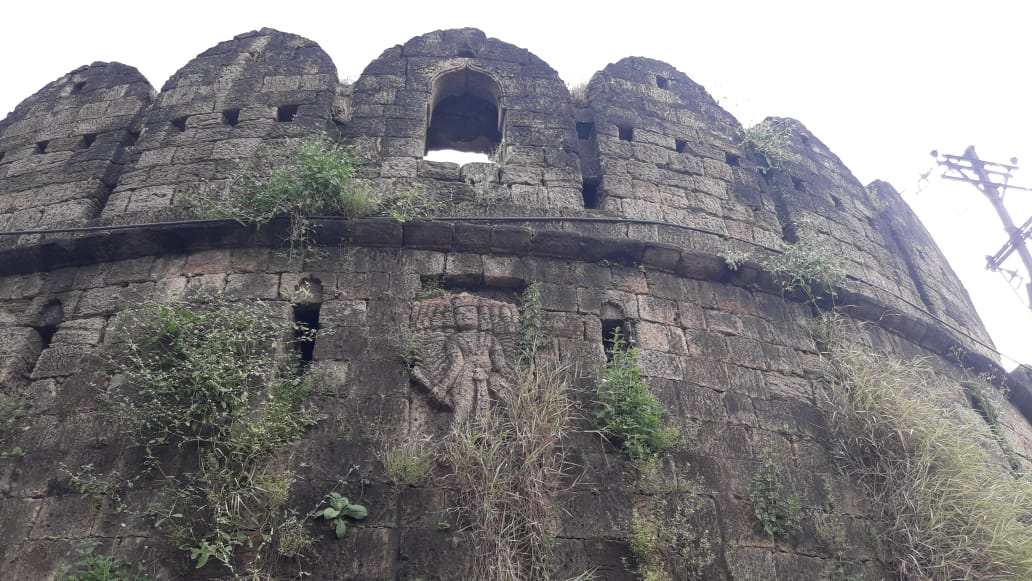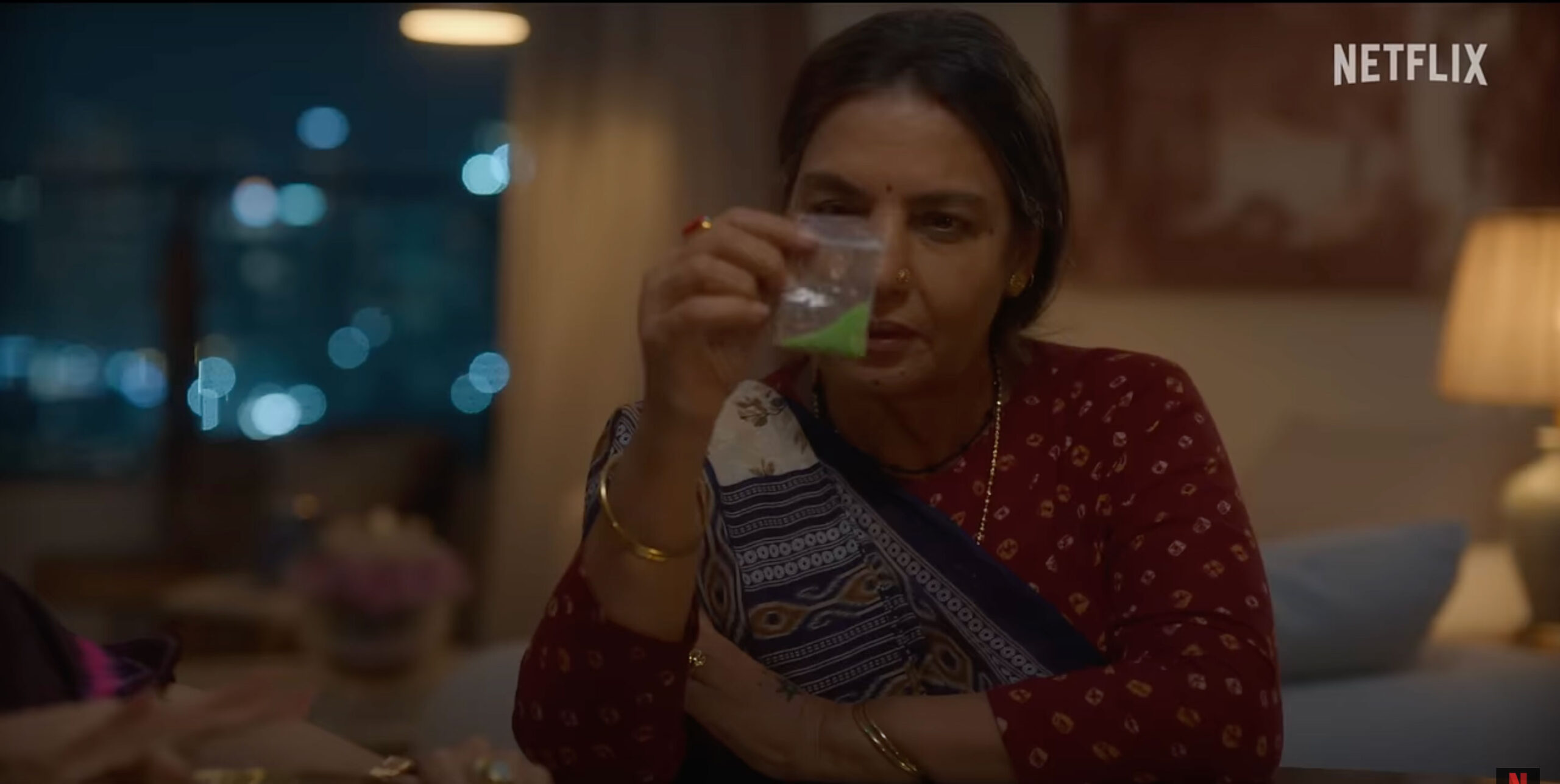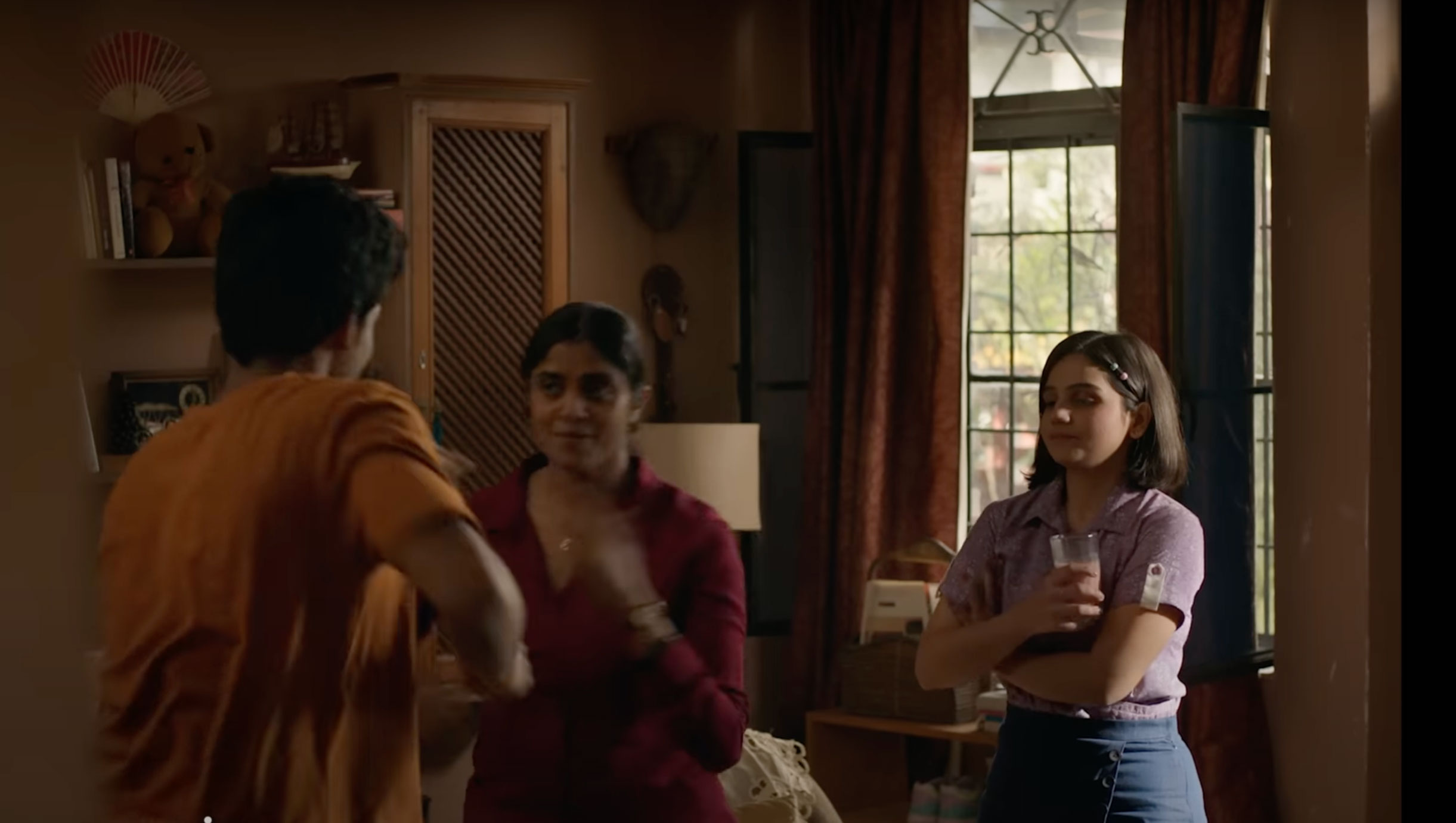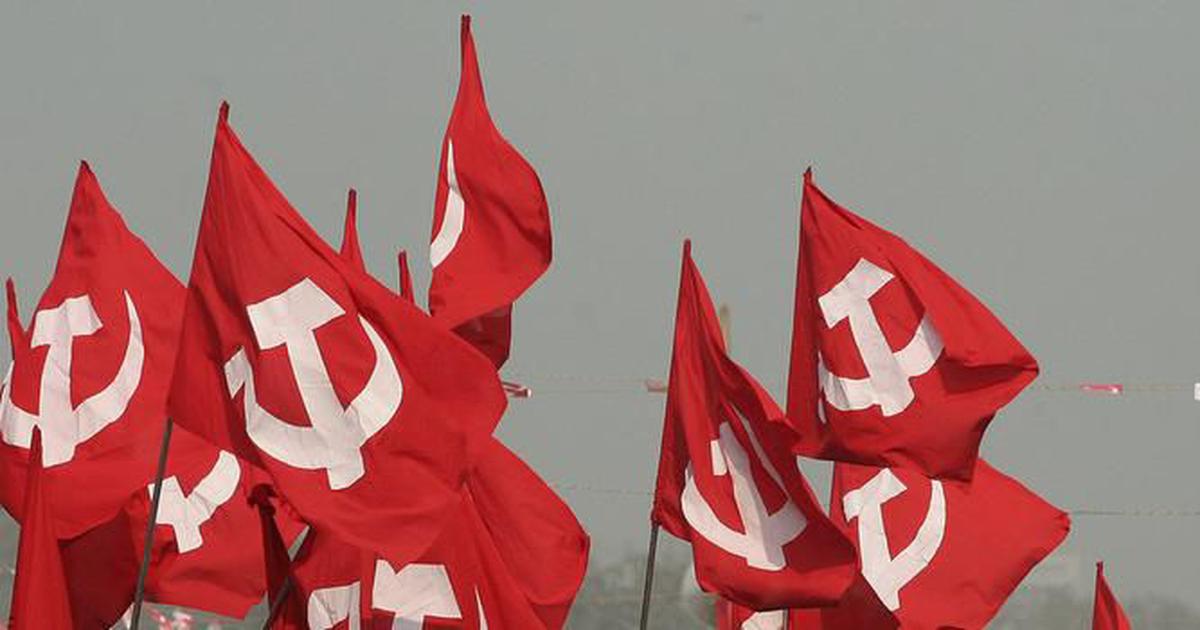Historiography has mostly been the preserve of the upper class/castes who carry, in Matthew Arnold’s words, “high culture” prejudice and negate attempts by subaltern voices to fill in the voids in history. They resort to either evasion or mythification of such voices, stripping them of any agency. This brings to the forefront the question of legitimacy of the accepted elite metanarrative with respect to the place it affords to the subaltern narratives. Such a question hangs over the historiography of Kerala’s modernity with respect to Nangeli.
Nangeli was born in an era when oppression in the name of caste was at its cruellest. The caste atrocities were aggravated in Travancore with the imposition of heavy taxes on the lower castes by Queen Umayamma to counter the deep economic crisis that was a result of the Mughal invasion of the Venad kingdom way back in 1680s. This has been written about by historians like P. Shankunni Menon. There were more than a hundred such taxes and included talakkaram, mulakkaram (breast tax), meeshakkaram and so on. Why was this economic burden reserved for the avarnas? Because they never conformed to the caste varna system; they carried the legacy of Buddhism which was rooted in equality and brotherhood. Historians often overlook this rebellion against the imposition of the caste order. This has been noted by many historians like Dr Sugathan, P.C. Alexander, Gail Omvedt and Dr Ajay Sekher.
This dehumanizing tax regime was in place until the 19th century. How did it manage to stay intact for so long? Certainly, there would have been opposition but there would have been brutal suppression of such opposition, too. Given such a scenario, think of a lady from a lower stratum of society daring to protest against this heinous mulakkaram (breast tax) in 1803. That too by chopping off her breast – and becoming a martyr! That was what made Nangeli a feminist. It’s not that she cut her breast to safeguard the morality of women but she dared to register her protest against the injustice of heavy taxation by sacrificing her life when the men chose to remain silent. Those who negate the possibility of Nangeli being a feminist saying that all men and women those days didn’t cover their chests, should bear in mind that for upper-caste women it was a matter of choice and no tax was levied on their uncovered breasts. No upper-caste woman who dared to cover their breasts in public was humiliated by being forced to bare them! This was not the case with women from the lower castes. It is against this backdrop that we need to assess Nangeli. Historians like Manu S. Pillai who appear to negate Nangeli’s voice of agency as an Avarna icon for social equality should evaluate her act on the basis of these elemental realities of the time. Why an Avarna woman like Nangeli requires more validation than the upper-caste narratives on history is the question we need to ponder here.
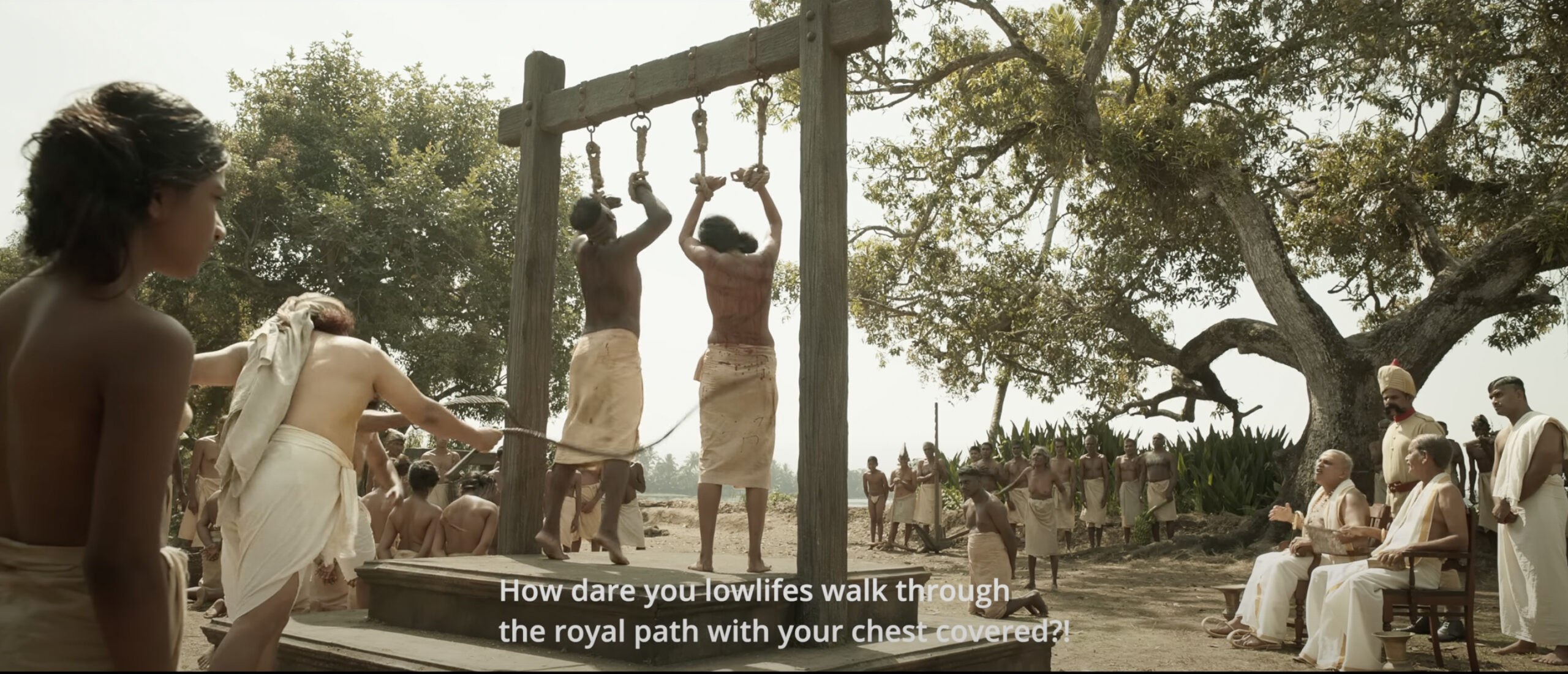
Her martyrdom recorded by many local chroniclers is being relegated as a myth by mainstream historians just because she is a third-world Avarna woman – a “subaltern” in the words of Gayatri Chakravarti Spivak. The perception of subaltern is a brahmanical identity subversion of the oppressed classes by hegemonic upper-caste theoreticians. Considering the example of the suicide of Bhuvaneswari Bhaduri that Spivak gives in her essay Can the Subaltern Speak? one can draw parallels between Nangeli and Bhuvaneswari on how women’s martyrdoms are co-opted in history writing.
The land near Cherthala where Nangeli lived had for a long time been referred to as Mulachiparambu. Dalitbandhu N.K. Jose has published a book on Nangeli and titled it Mulachiparambu. But the land was renamed, dismissing Nageli’s rebellion as a myth. However, the story of Nangeli as a social-justice warrior still remains in the collective memory of the people of Kerala. Those who look for Nangeli’s graveyard to establish her historicity seem to be oblivious to the fact that given the barbaric patriarchy and casteism that prevailed in her time, the upper castes would have made sure all physical evidence of her valour was erased.
The observations of the critic J. Reghu in his article in Madhyamam, whose Malayalam title can be translated as Nangeli’s Martyrdom and Modern Kerala, need to be mentioned here. He points out that Nangeli’s martyrdom to safeguard the dignity of the human body itself grants her the position of being the first feminist in Indian and Kerala history. But the mainstream historiographers set aside this revolutionary act of a woman due to her Avarna-Ezhava ancestry, by mythicizing her. The descendants of Nangeli (Nedumpurakkad, Veliyil family), interviewed by many researchers, including Dr Ajay Sekher, record their persisting fear of being tormented as liars due to lack of documentation even in this 21st century. The unchallengeable valour of such a woman in history should not be devalued due to her lowly genealogy.
Kerala is known for its progressive left politics and modernity. This tradition dates back to the third century BC when this land embraced the all-inclusive ethical elements of Buddhism. The regressive and dehumanizing practices of brahmanical Hinduism engulfed the serene shores of this land around 10th-12th century CE. The historical injustice meted out to those people who stood for justice and brotherhood continues today. Nangeli was one among them. She is the precursor to Kerala modernity who questioned the hegemonic injustice even before many men of valour, including Arattupuzha Velayudha Panicker and Sree Narayana Guru, came to the forefront to fight injustice. It’s high time historians acknowledged such key chapters missing from the history books.
References
- https://www.thehindu.com/news/cities/Kochi/200-years-on-nangelis-sacrifice-only-a-fading-memory/article5255026.ece
- https://manuspillai.com/woman-breasts/
- Loaiza Peñafiel Estefanía, and Gayatri Chakravorty Spivak. Can the Subaltern Speak? Afterall Books, 2020.
- Foucault, Michel. Discipline and Punish. Knopf Doubleday Publishing Group, 2012.
- https://ajaysekher.net/2012/08/28/nangeli-mulachiparambu-breasttax-travancore/
- https://www.youtube.com/watch?v=mv_TnSQEuFk
- Reghu, J., ‘Nangeliyude Rekthasakshithwavum adhunika Keralavum’, Madhyamam weekly, 15 May 2017
Forward Press also publishes books on Bahujan issues. Forward Press Books sheds light on the widespread problems as well as the finer aspects of Bahujan (Dalit, OBC, Adivasi, Nomadic, Pasmanda) society, culture, literature and politics. Contact us for a list of FP Books’ titles and to order. Mobile: +917827427311, Email: info@forwardmagazine.in)

